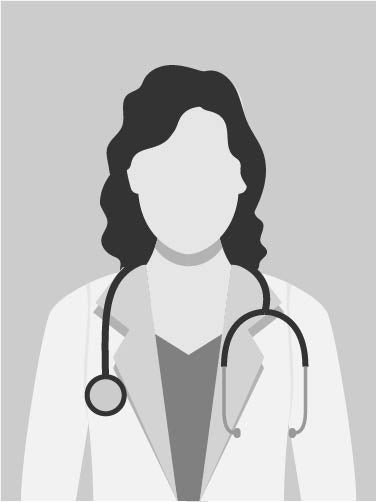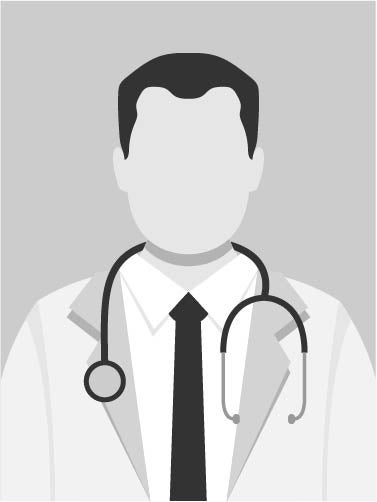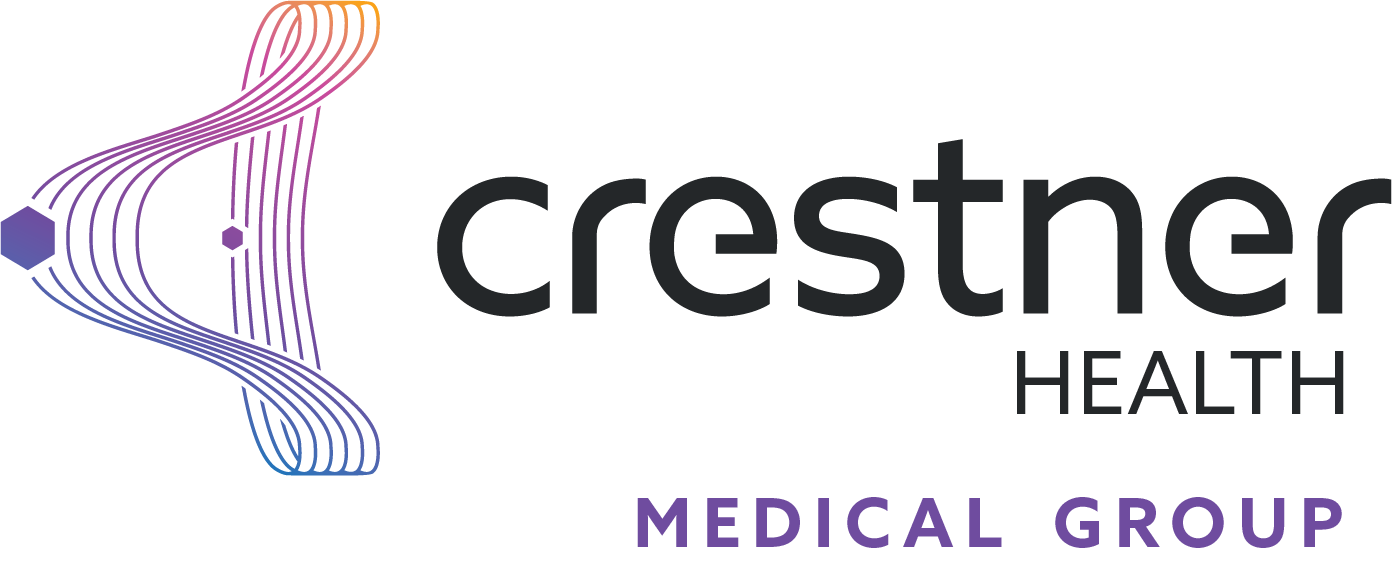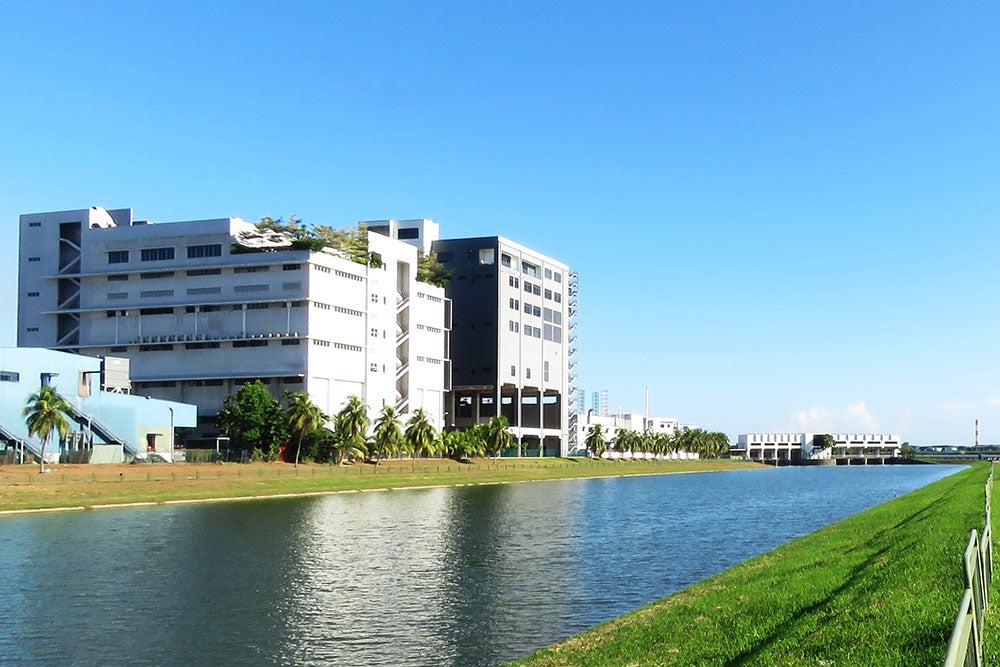Heart Attack Or Indigestion
April 11, 2024Categories: News, Cardiovascular, Heart & Vascular
Tags: heart attack, Cardiology, Cardiovascular, Indigestion, cause of heart attack, Atrial Fibrillation, Heart Disease, Interventional Cardiology, Gastroesophageal Reflux Disease (GERD), Heart Attack (Acute Myocardial Infarction), heart attack symptom, acute coronary syndrome, myocardial infarction
Heart Attack or Indigestion
When you or someone you love has a sudden, sharp chest pain, you may wonder: is this a heart attack – or simply indigestion?
Heart attack and indigestion can share some similar symptoms. Indigestion can often be treated successfully at home with over-the-counter antacids, while a heart attack requires emergency medical care. That’s why it’s essential to learn how to spot the differences between these two conditions.
What Is Indigestion?
Indigestion occurs when stomach acids back up into the esophagus, causing a burning sensation in the chest. The condition is sometimes called “heartburn” because the pain often occurs just behind the breastbone, or sternum, on the left side of the chest near the heart.
Symptoms Of Indigestion
Chest pain associated with indigestion is typically sharp, rather than dull. The pain often occurs immediately after eating and may also be accompanied by regurgitation of bits of food in the back of the throat.
In addition to chest pain, severe indigestion can also be marked by the following symptoms:
- Gassiness, or a need to belch
- Feeling uncomfortably full or bloated
- Nausea or vomiting
What Is A Heart Attack?
A heart attack happens when blood flow to the heart becomes blocked. These blockages can occur when blood clots or a narrowing in the arteries – a condition known as arteriosclerosis marked by a build-up of plaque caused by fat and cholesterol – restrict normal blood flow.
The medical term for a reduced blood flow is ischemia. When part of the heart muscle suffers damage as a result of ischemia, it’s called a myocardial infarction, more commonly known as a heart attack.
Symptoms Of Heart Attack
For both men and women, the most common symptom of a heart attack is chest discomfort. Chest pain associated with a heart attack is typically dull, rather than sharp. Patients who have suffered a heart attack often report feeling pressure in their chest, as if someone is sitting on them.
In addition to chest pain, typical heart attack symptoms include:
- Pressure or tightness in your chest or arms that may spread to your neck, jaw or back
- Nausea or abdominal pain
- Shortness of breath
- Cold sweats
- Fatigue
- Nausea or vomiting
- Lightheadedness or sudden dizziness







